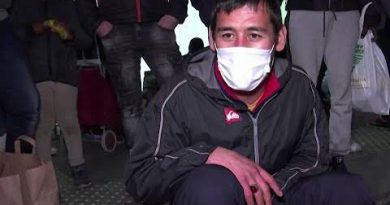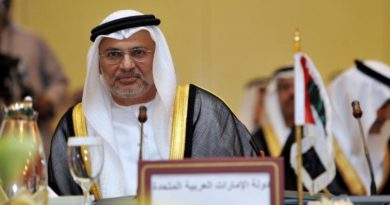Bangladesh suffers widespread power outages during relentless heat
Dhaka (Reuters) – Bangladesh is being forced to cut power to millions of people as a relentless heatwave has led to a surge in demand for power resulting in massive electricity supply shortfalls.
Greater use of irrigation pumps by farmers and an increase in commercial activity due to preparations for festivities for the end of the holy month of Ramadan have contributed to increased power demand, officials say.
“It’s difficult for us to sleep at night without power, and it is even more painful after fasting all day,” said Munna Khan, a resident of the town of Ashulia on the outskirts of the capital, Dhaka.
Power shortages have been most severe at night, government data showed. The port city of Chittagong, along with the textile, pharmaceutical and jute manufacturing hub of Mymensingh, were among the worst affected by the power cuts.
The average maximum temperature in Dhaka was 6.5% higher during the seven days ended on Tuesday, compared with the week before, government data showed.
The maximum temperature soared to 42.8 Celsius (109 Fahrenheit) on Wednesday in the west of the country.
“People, especially children and the elderly, are suffering a lot. We express our sincere sympathy and sorrow for this untold suffering,” Minister of Energy Nasrul Hamid said in a Facebook post late on Tuesday.
The weather office has warned that there is no end in sight for the heatwave as the country prepares for the Eid al-Fitr holiday at the end of Ramadan this weekend.
“We were expecting that sales would pick up this week but due to the severe power cuts, there are hardly any buyers,” said Abdul Karim, a shopkeeper in Chittagong.
Overall electricity supply fell short of demand by 6.2% over the seven days to Tuesday, government data showed, as demand surged nearly 15% compared with the preceding seven days.


